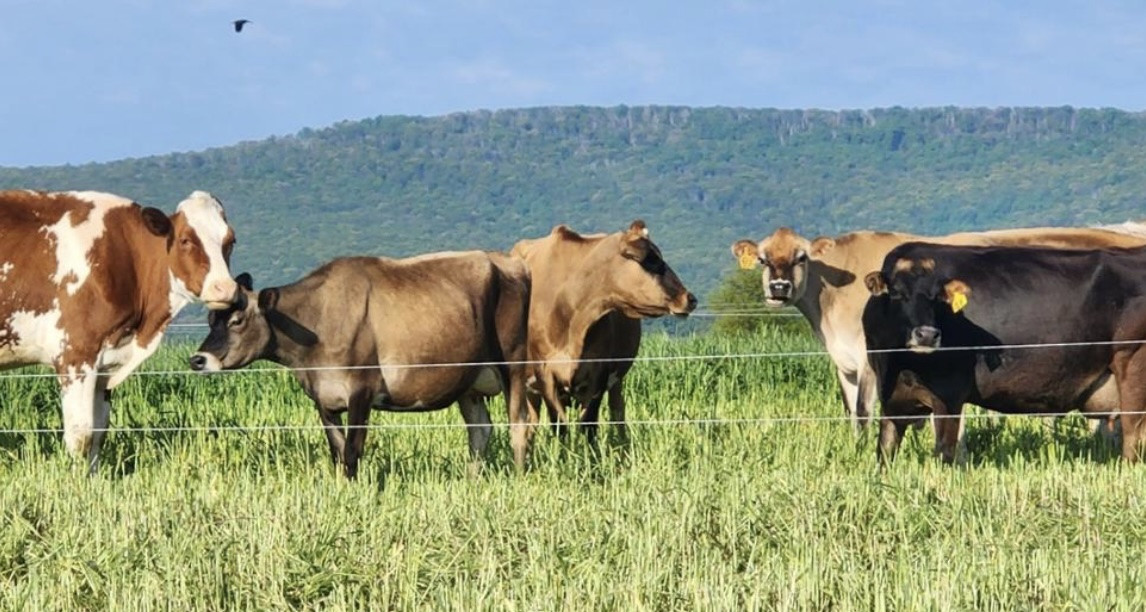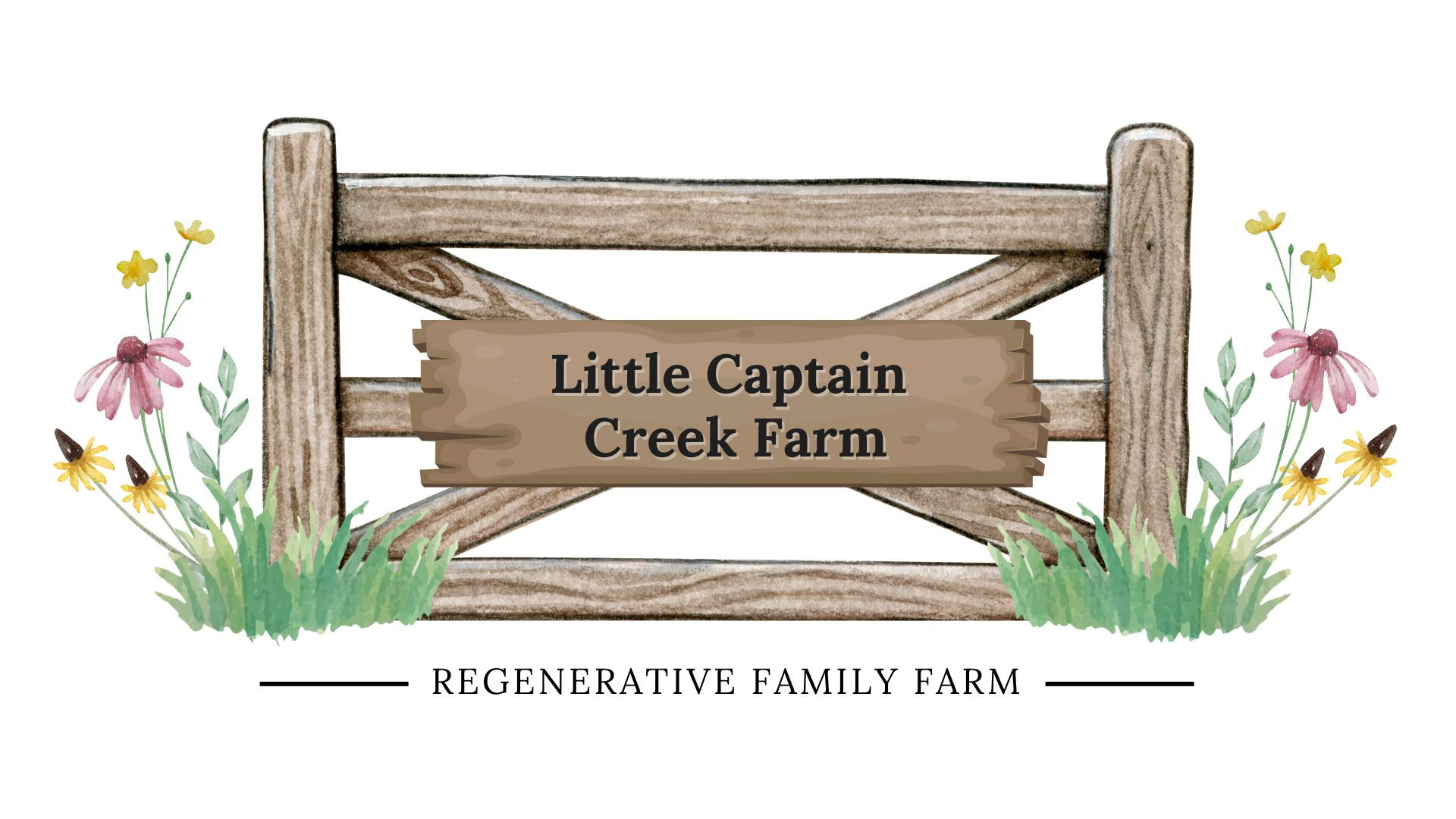Regenerative Farming and Rotational Grazing: A Sustainable Approach to Farming
posted on
March 24, 2025

At Little Captain Creek Farm, we believe that farming can work in harmony with nature, and regenerative farming practices are at the heart of what we do. One of the key methods we use is rotational grazing, a technique that not only benefits our animals but also rejuvenates the land, ensuring it stays healthy and productive for generations to come.
What is Regenerative Farming?
Regenerative farming is an approach that focuses on restoring and enhancing the health of the land. Unlike conventional farming, which often depletes the soil’s nutrients over time, regenerative practices work to rebuild soil health, increase biodiversity, and promote carbon sequestration. It's a holistic approach to farming that seeks to improve the environment, animals, and communities all at once.
The Role of Rotational Grazing
Rotational grazing is a cornerstone of regenerative farming. This method involves moving livestock between different pasture areas on a regular basis, allowing the land to rest and recover between grazings. By giving the grass and soil a break, it can regenerate and grow stronger, while preventing overgrazing and erosion.
For example, at Little Captain Creek Farm, we move our cows, sheep, and goats to fresh pastures every few days. This mimics natural grazing patterns of wild herbivores, and the result is healthier pasture, improved water retention, and better soil quality. It also helps reduce the need for chemical fertilizers, as the land is naturally replenished with nutrients from animal manure and organic matter.
Benefits of Rotational Grazing
- Improved Soil Health: By allowing the land to rest and recover, rotational grazing promotes soil regeneration. Healthy soil supports vibrant ecosystems and helps sequester carbon, which is crucial for fighting climate change.
- Increased Biodiversity: Rotational grazing encourages a diverse range of plant species to thrive, providing habitat for beneficial insects and wildlife. This helps improve the balance of the ecosystem and reduces the likelihood of pests and diseases.
- Animal Health and Productivity: By providing livestock with fresh pasture regularly, rotational grazing supports optimal animal health. It ensures that they have access to nutrient-rich grass and prevents overgrazing that can lead to stress or health issues.
- Sustainability: Rotational grazing allows for the sustainable use of land, as it balances animal needs with the land’s ability to recover. It minimizes the risk of land degradation, ensuring that our farm remains productive and healthy for years to come.
At Little Captain Creek Farm, regenerative farming and rotational grazing are more than just methods—they’re a way of life. By working with nature, we create a more resilient farm, healthier animals, and a better world for future generations.



